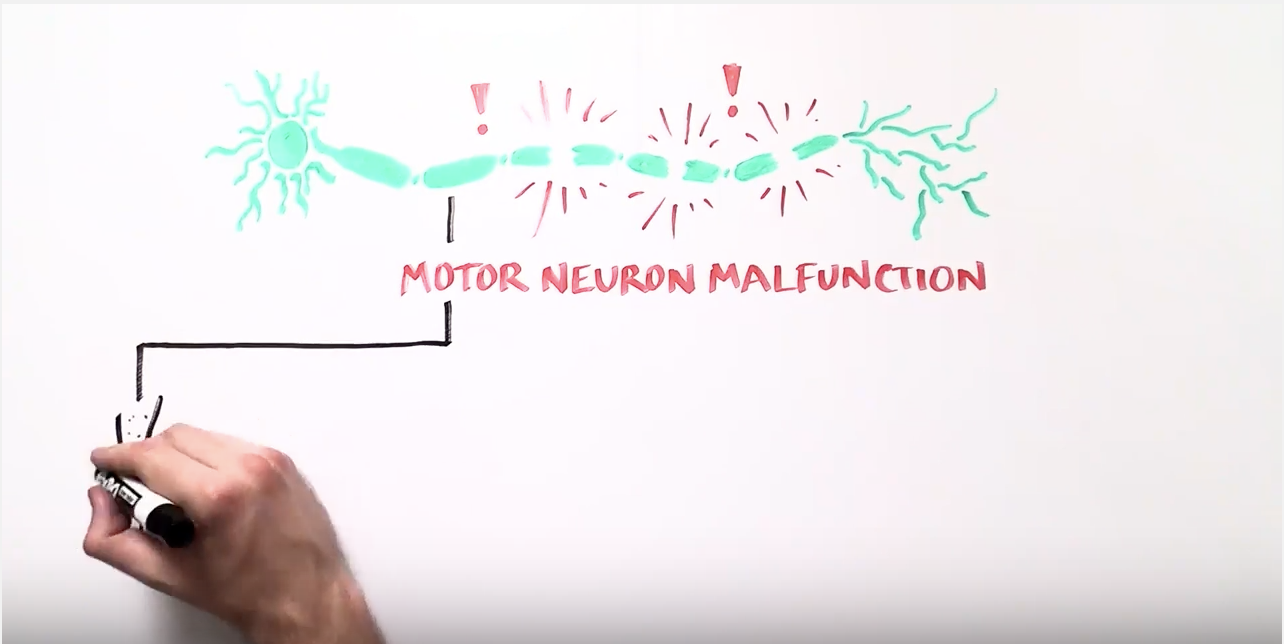Thanks to funding from Proposition 71, California’s $3 billion investment in stem cell research, and the state funding entity it created, the California Institute for Regenerative Medicine (CIRM), there are now 36 human clinical trials in various stages of progress, including a trial for ALS.
Condition: ALS
Accepting Applicants: No
Status: Phases 1/2a trials in progress
Description: Clinical trial of stem cell gene therapy for ALS
CIRM Funding Brief: “This team of researchers plans to protect surviving neurons in people diagnosed with ALS from further degeneration. They will implant middle-man “progenitor” cells made by maturing stem cells from fetal tissue down a path destined to become astrocytes, the brain cells that protect nerves and that become defective in ALS. Those cells will be boosted with genes for a growth factor that when the cells release it after transplantation, will have an added protective effect on nerves. This approach recently received approval to treat ALS patients in a CIRM-funded clinical trial (read here). A feature story on this work appeared in The Stem Cellar blog.”
Current Sponsor: Cedars-Sinai Medical Center
Principal Investigator: Robert H. Baloh
Institution: Cedars-Sinai Medical Center
Phase 1/2 Filed: N/A
Phase 1/2 Approved: N/A
Cell Therapy Type: N/A
NCT No. / Link: NCT02943850
Completion Date: Projected April 2019
Last Updated: October 27, 2o16
As this clinical trial moves forward, we will update this page. Check back here for future developments.
As scientists and patient advocates build on the progress that Proposition 71 has enabled, we must keep the momentum going, understanding that there is still much work to be done. We must remember that human trials will celebrate successes; but, barriers will surface, along with complications and challenges, so patience and understanding of the scientific discovery process is essential. Even the setbacks will provide critical knowledge that will bring us closer to curing or mitigating devastating diseases and injuries. Only with continued support for biomedical research can we increase our understanding of the therapeutic potential of stem cells, and translate that understanding into meaningful treatments that help give patients their lives back.



